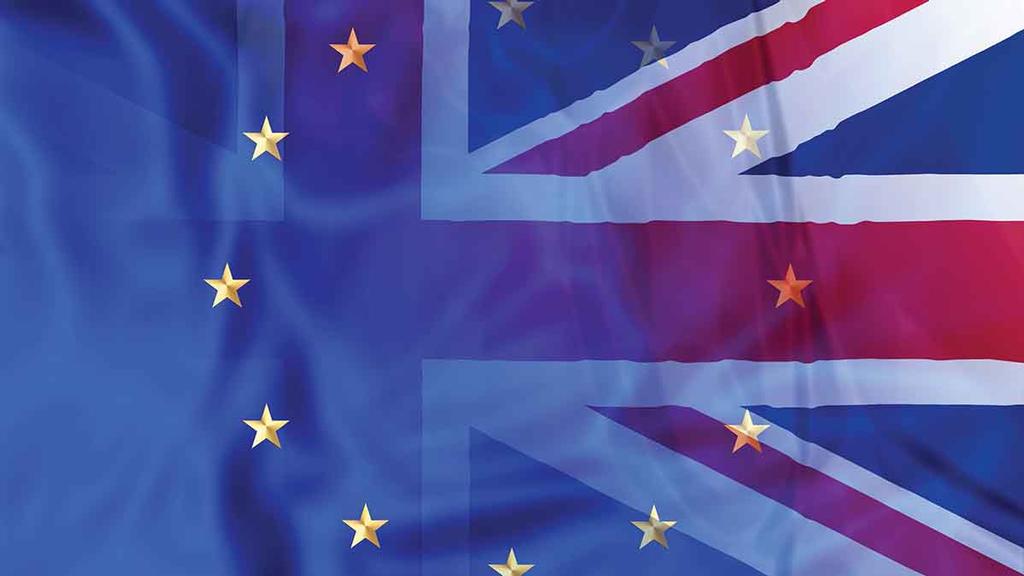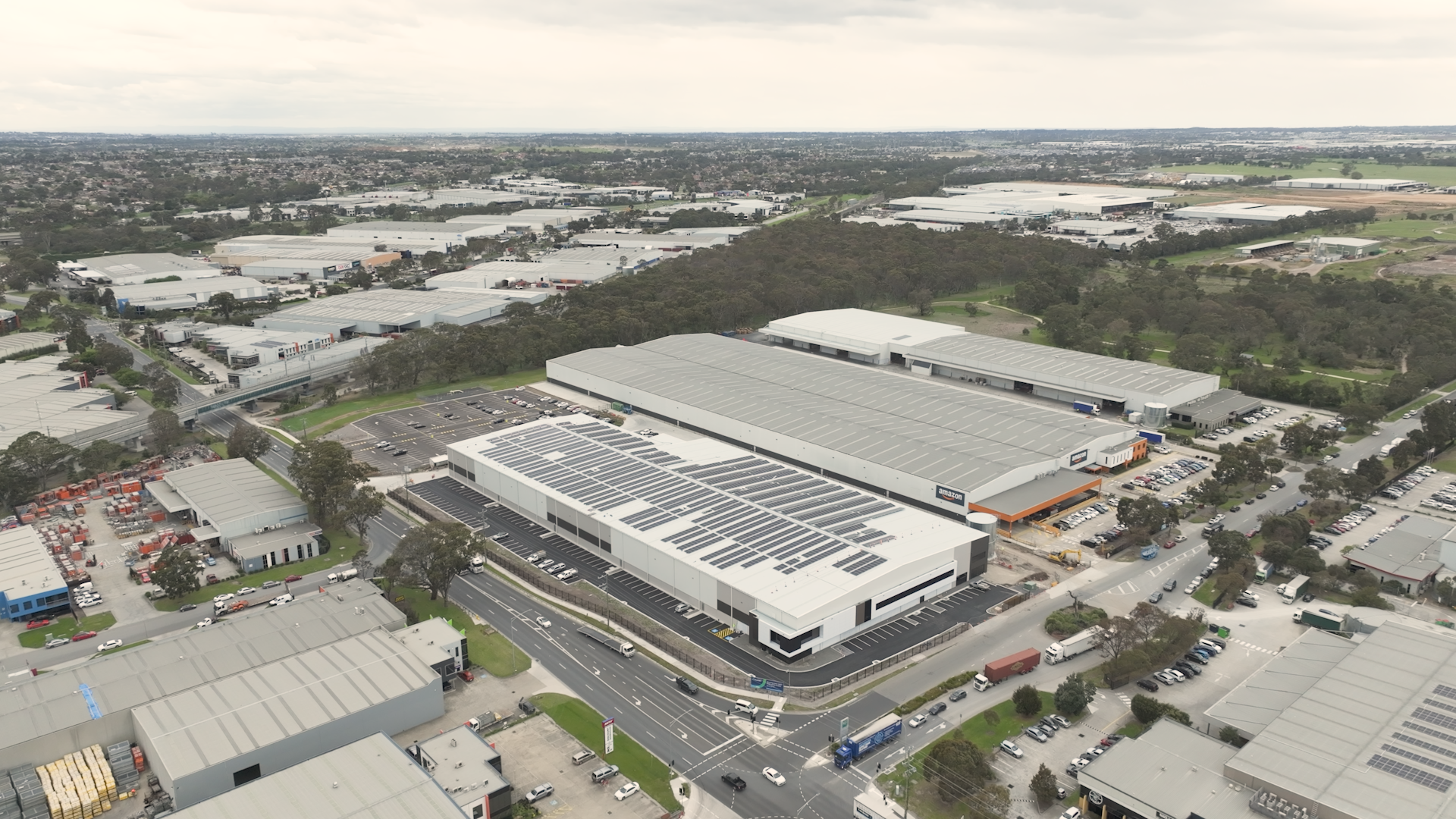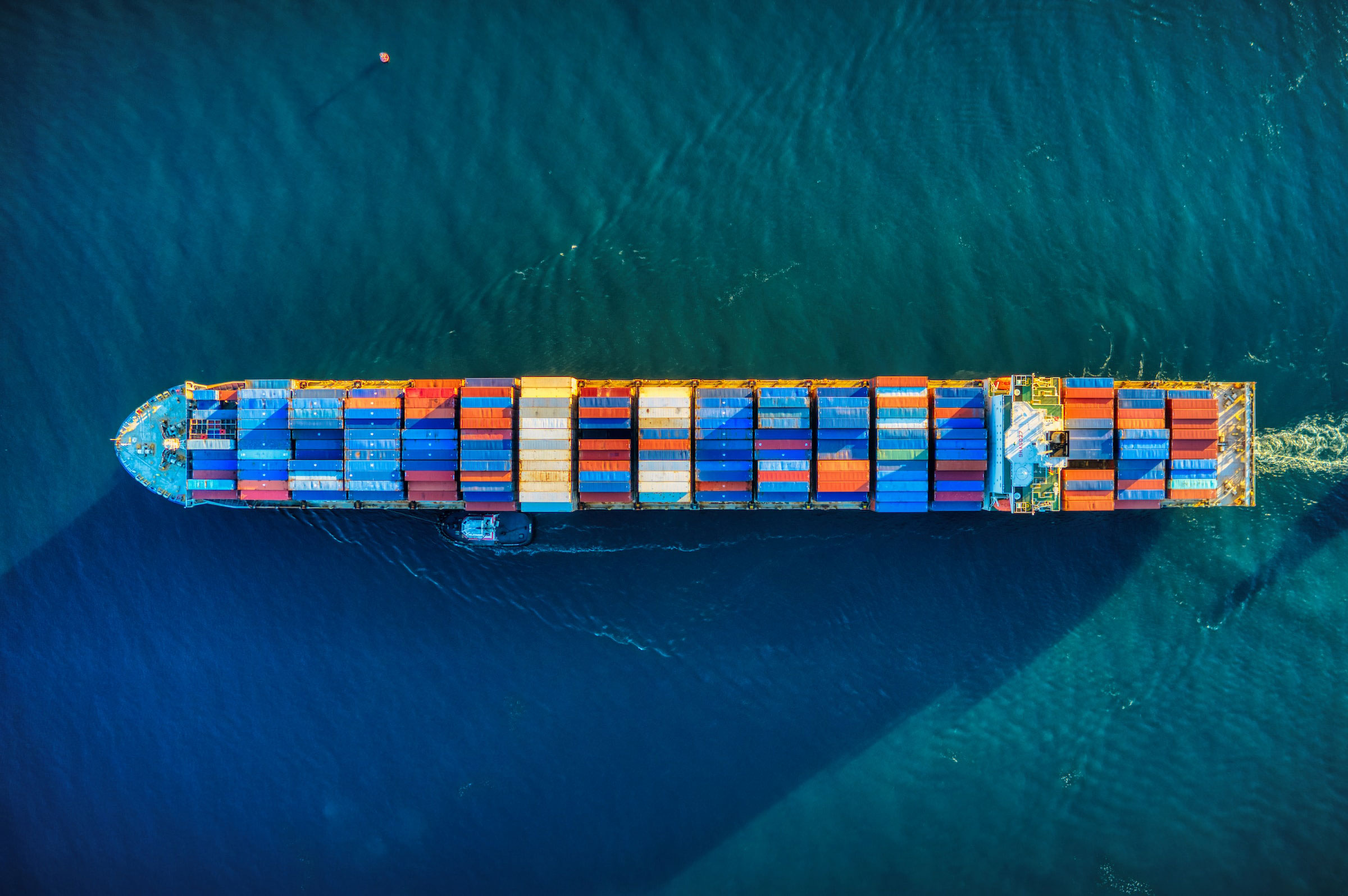While the world watches on as the Brexit freight train heads towards derailment, there has been little focus in the Australian media about the ongoing negotiations for a Free Trade Agreement with the European Union.
One of the key sticking points in those negotiations is the issue of geographical indications. This peculiarly European trade barrier limits the labelling of some foods so that only producers from certain regions can use the name. The most well known example of geographical indication is champagne which can only be applied to certain sparkling wines produced in the Champagne region of France. Elsewhere, including in Australia, the equivalent beverage goes by the spectacularly unevocative “sparkling wine”








